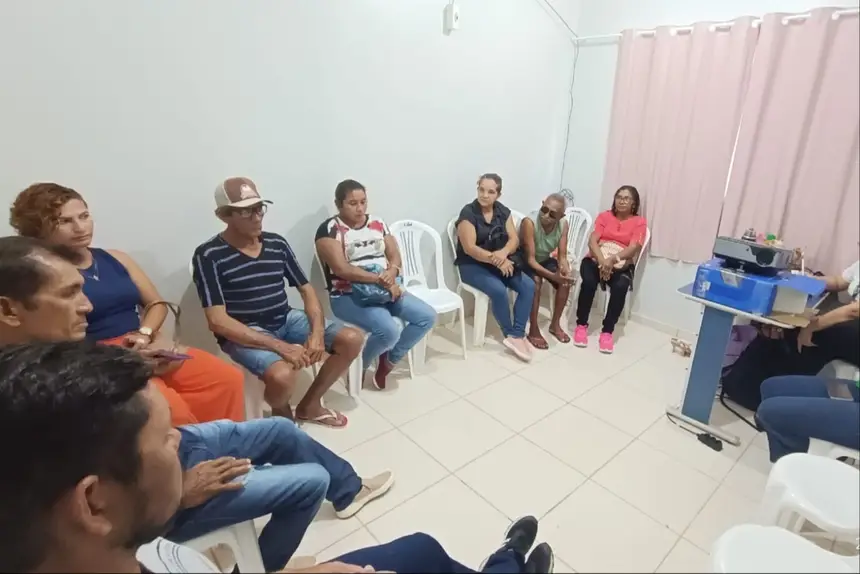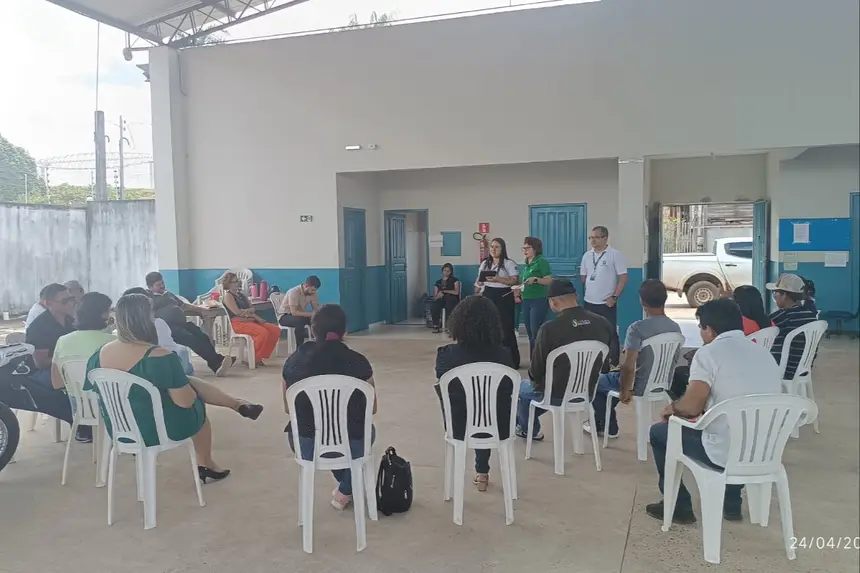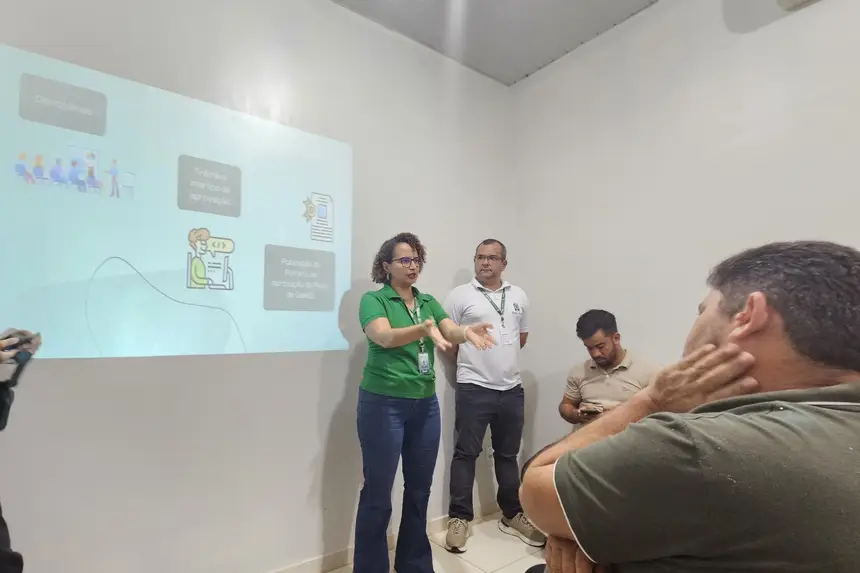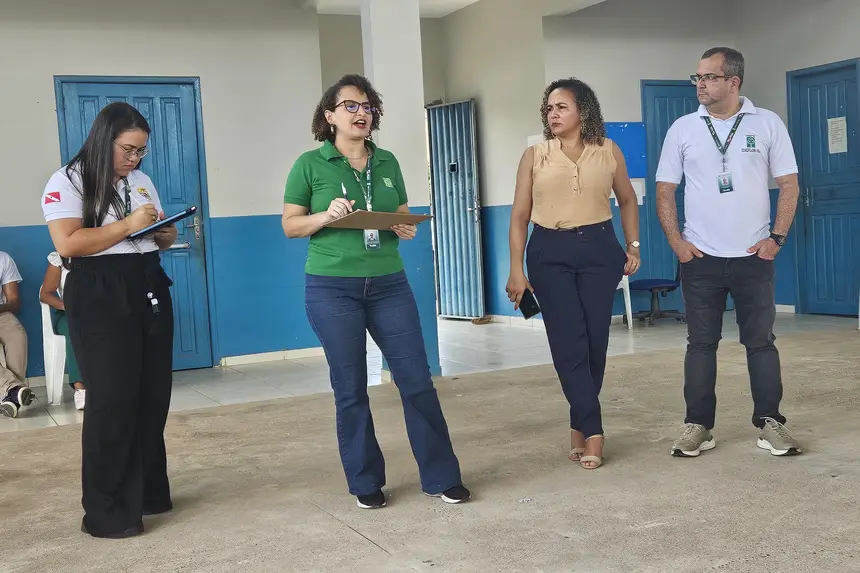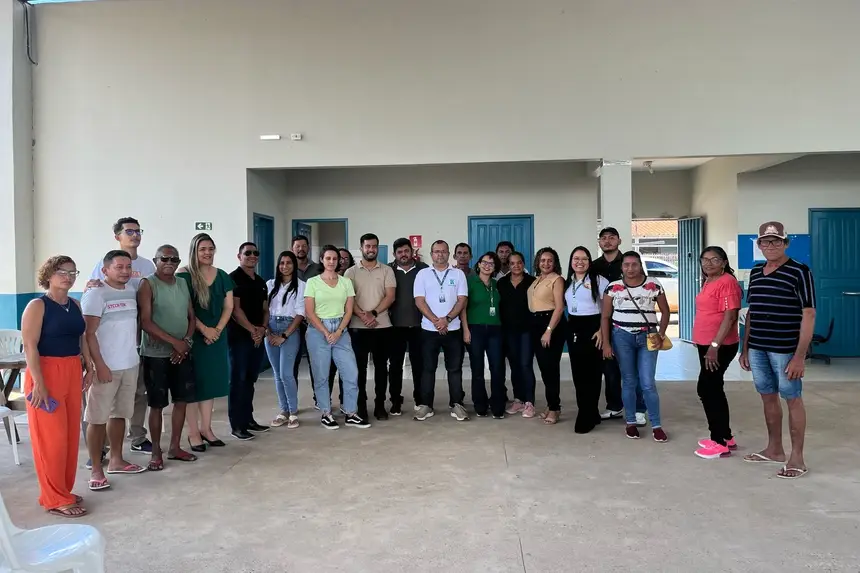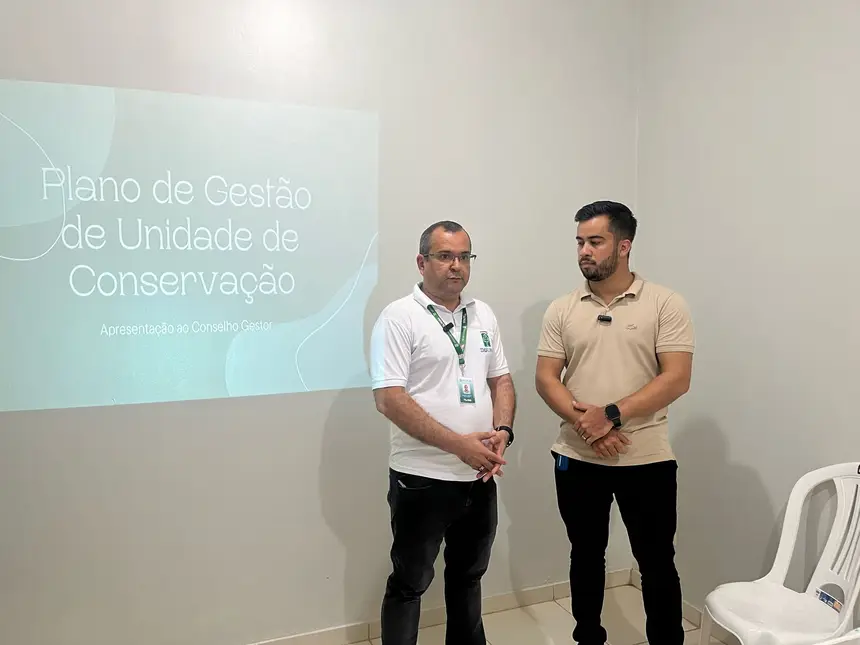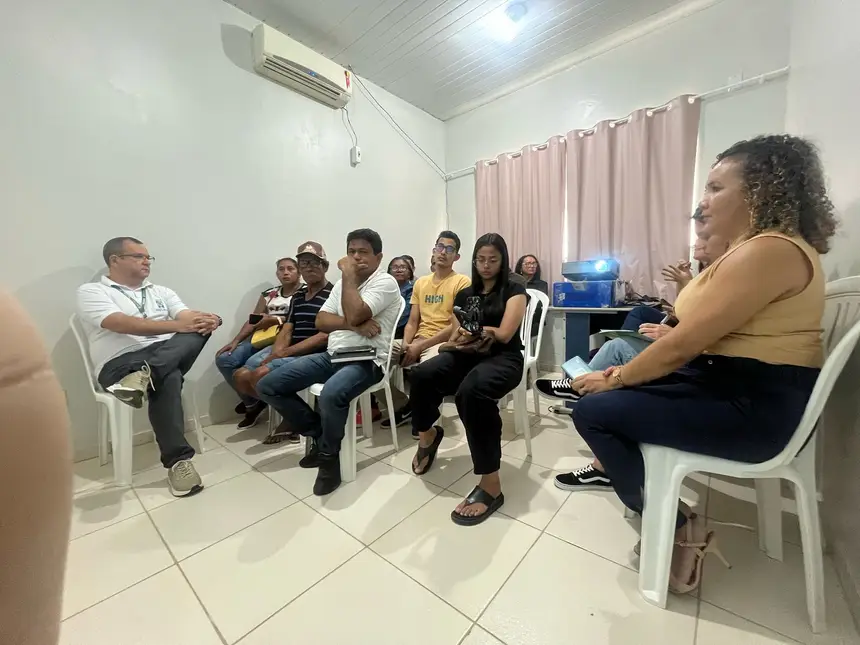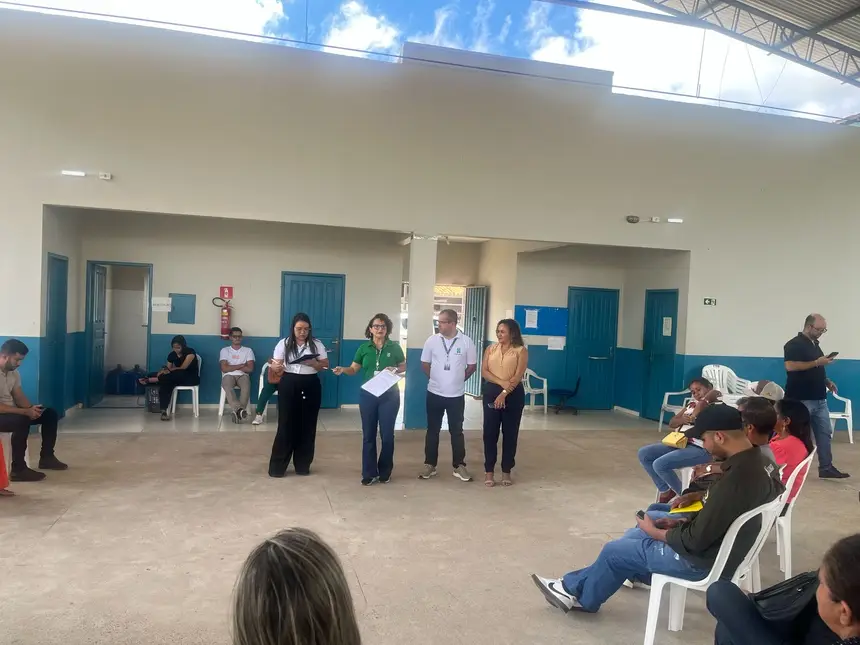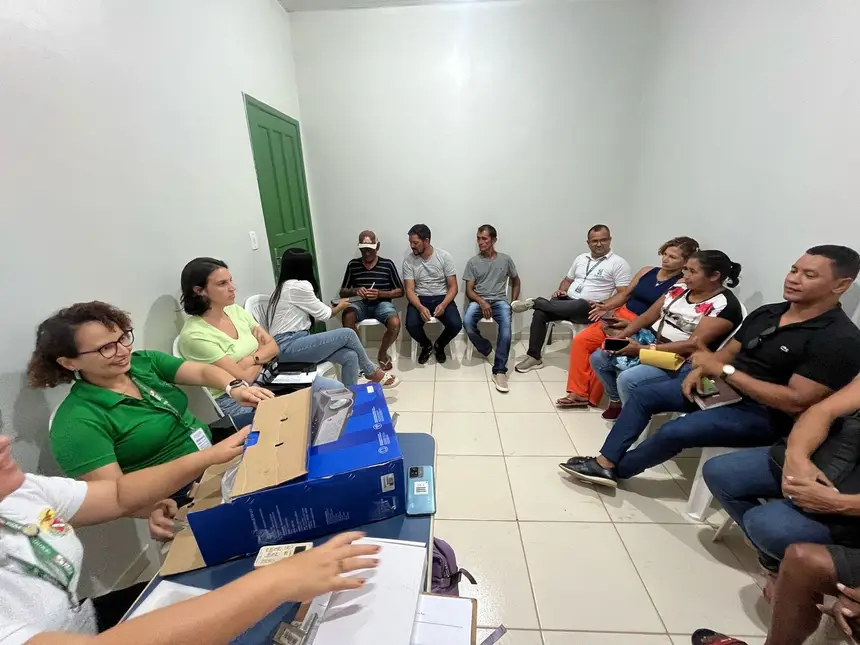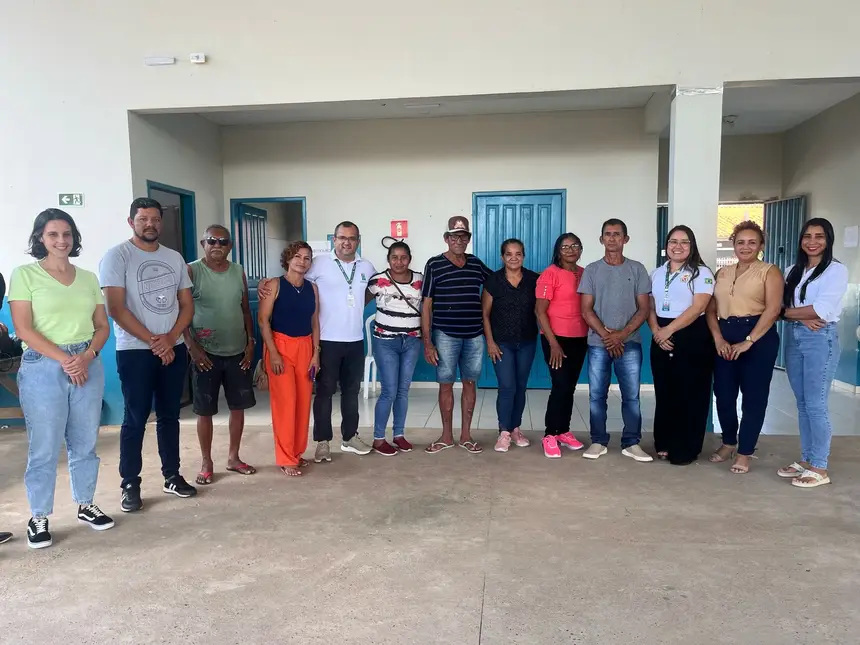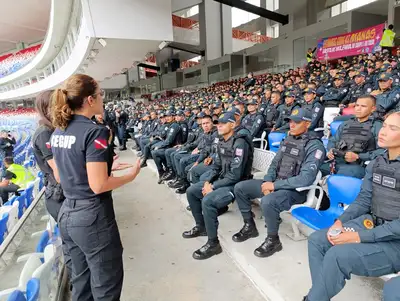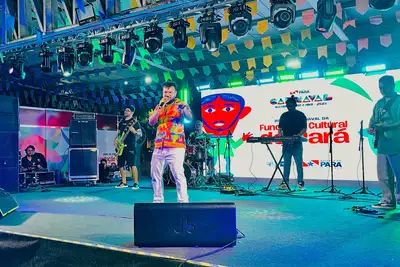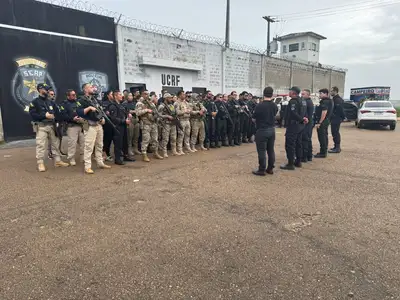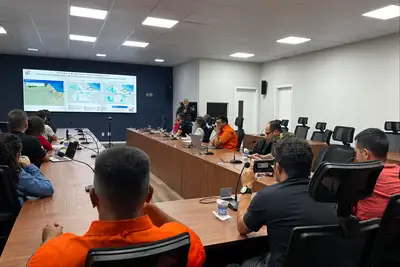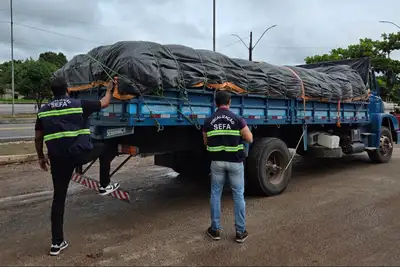Integrated Meeting Strengthens Participatory Management of Conservation Units in Southwestern Pará
The meeting brought together representatives from civil society, public administration, and technicians from Ideflor-Bio to discuss the presentation of the methodology for developing the Management Plans for the UCs and the formation of the Working Groups responsible for this process.
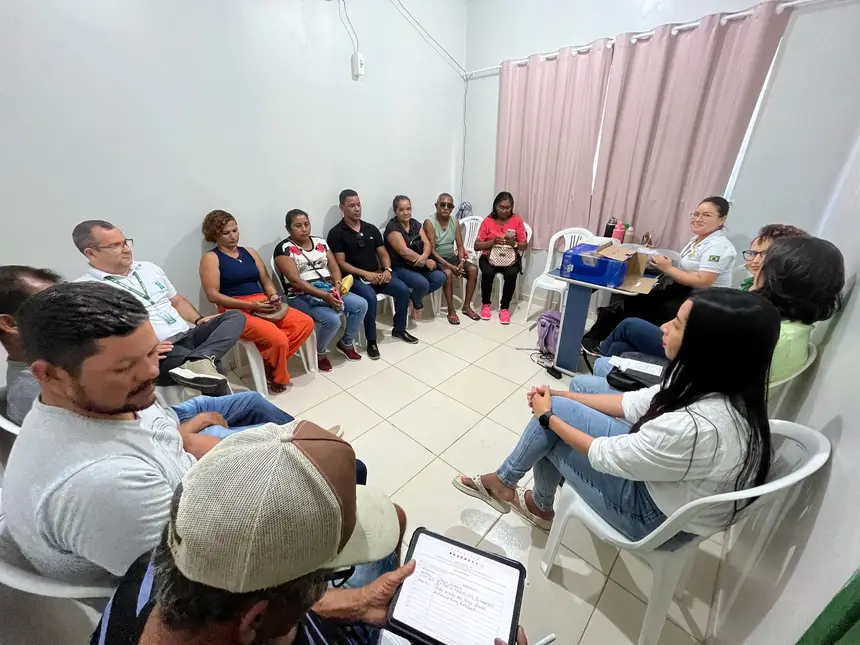
The 1st Integrated Ordinary Meeting of 2025 of the Management Council of the Sustainable Development Reserve (RDS) Vitória de Souzel and the Wildlife Refuge (Revis) Tabuleiro do Embaubal took place on Thursday (24) at the Z-12 Fishermen's Colony in the municipality of Vitória do Xingu, in southwestern Pará. The two Conservation Units (UCs) are managed by the Institute of Forest Development and Biodiversity of Pará (Ideflor-Bio) and are located in the territory of Senador José Porfírio, which is of great importance for the protection of Amazonian biodiversity and the strengthening of local communities.
The meeting brought together representatives from civil society, public administration, and technicians from Ideflor-Bio to discuss two main points: the presentation of the methodology for developing the Management Plans for the UCs and the formation of the Working Groups responsible for this process. The Management Plans are fundamental instruments for defining the use zones, which establish limits and permissions for the use of natural resources, respecting technical criteria and the traditional knowledge of local populations.
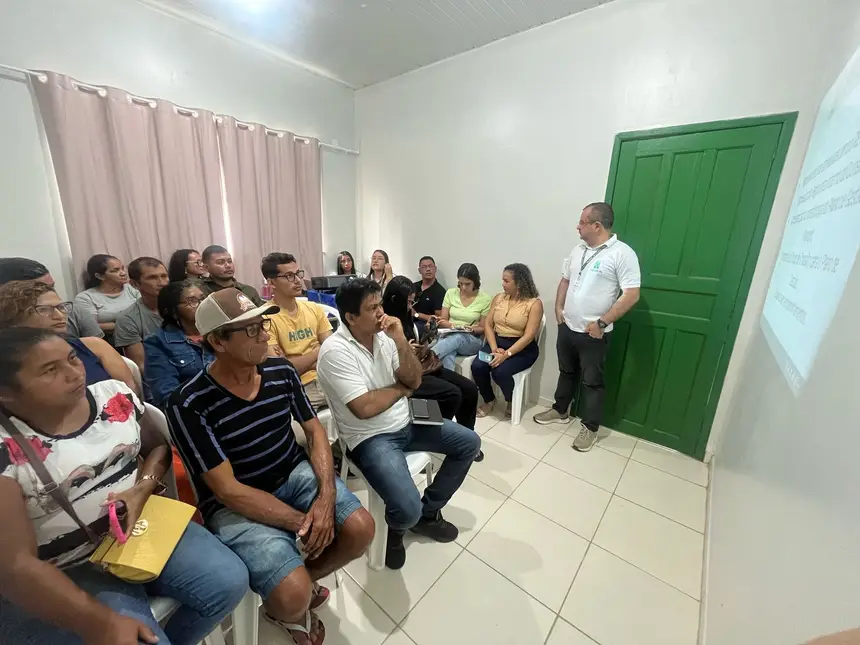
"Expectations are very positive. Ideflor-Bio wants to listen carefully to the councils, composed of representatives from civil society and public authorities. Their contribution will be essential in the development of the Management Plans, which will guide the sustainable use of natural resources through the use zones. This will allow for more effective action in the environmental preservation of the Conservation Units," said Marco Aurélio Oliveira, manager of the Xingu Administrative Region.
The meeting reinforces the participatory nature of environmental management in the region. For the Director of Management and Monitoring of Conservation Units, Ellivelton Carvalho, this moment marks a significant advance. “We are collectively building conservation policies that recognize the importance of involving local communities. This integration strengthens territorial management and enhances the results of biodiversity conservation,” he emphasized.
Representatives - The Management Council of RDS Vitória de Souzel includes the following entities from public administration and civil society: Ideflor-Bio, Secretary of the Environment of Vitória do Xingu, Federal University of Pará (UFPA), Technical Assistance and Rural Extension Company of Pará (Emater-PA), Secretary of Tourism of Altamira, Brazilian Institute of Environment and Renewable Natural Resources (Ibama), Fishermen's Colonies Z-70 and Z-12, Communities Vila Nova, Rio Croari, Rio Tanaquara, Rio Pirarucuquara, Rio Tamanduá, Lua Cheia, and Rio Tapecurá, and the organization Xingu Adventure, among others.
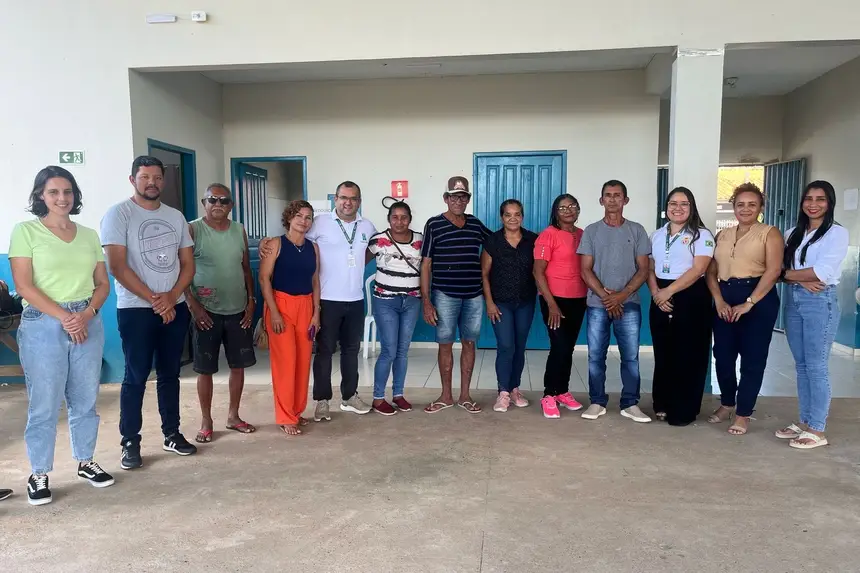
The Management Council of Revis Tabuleiro do Embaubal is composed of: Ideflor-Bio, UFPA, Ibama, Fishermen's Colonies Z-70 and Z-12, representatives of Revis itself, and the entity FortXingu, among others. The discussions and decisions of these councils guide conservation actions and sustainable use in the two units, valuing social participation as a pillar of environmental policy in Pará.



